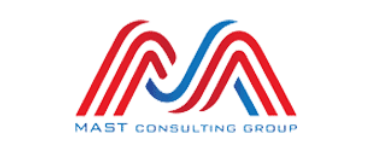MAST Consulting Group | Most trusted Cyber Security Partner
- Consulting
Fortify Your Defenses Today
Explore Our Cybersecurity Services!
Explore MAST's Cybersecurity Services – Defend with Confidence!
Explore Now - Digital Transformation
MAST Digital
Transform Your Tomorrow with MAST
Explore Our Digital Transformation Services - Innovate with Confidence!
Explore Now - Our Products
Our Products
Transform Your Tomorrow with MAST
Explore Our Digital Transformation Services - Innovate with Confidence!
Explore Now - Managed Services
Fortify Your Defenses Today
Protect Your Future with MAST
Discover Our Cybersecurity Services - Defend with Confidence!
Explore Now - Who We Are
Digital Transformation
Accelerate Your Digital Growth!
Unlease Potential with MAST's Digital Transformation Services - Grow with Confidence!
Explore Now - Blog

